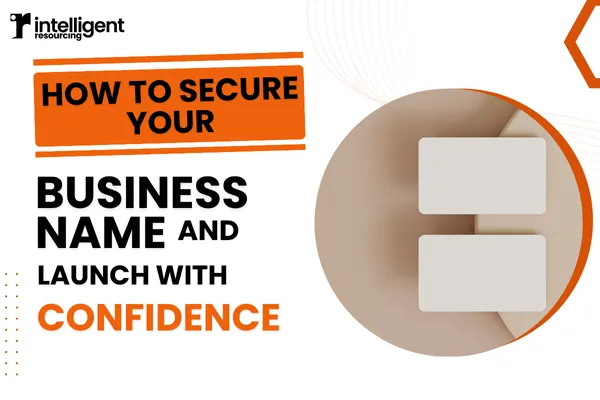
Navigating Joint Ventures: A Checklist for Success
Thinking of Launching a Startup With a Co-Founder? Here’s What You Must Ask First
Starting a business with a co-founder can be one of the best decisions you make—or it can become a nightmare if you don’t ask the right questions upfront. Nobody goes into a partnership expecting it to fall apart, but the reality is that many joint ventures fail due to misaligned values, unmet expectations, or lack of preparation.
To reduce the risk of things going sideways, ask yourself—and your potential co-founder—a few critical questions before signing on the dotted line.
What You Need to Know Before Entering a Business Partnership
Before jumping into a partnership, it’s essential to understand that success requires more than just shared enthusiasm. Many business relationships break down because of unrealistic expectations or poorly defined roles.
Let’s explore five key areas you need to address before launching your startup with a co-founder.
1. Align Your Expectations
One of the biggest reasons partnerships fail is that each party assumes the other shares the same goals and values.
Before you commit, ask:
What are your non-negotiable values?
What are your long-term goals?
How will you split roles and responsibilities?
Having clear answers to these questions can prevent misunderstandings and resentment later.
2. Evaluate the Timing
Is now the right time to enter into a joint venture? Timing is everything.
Consider whether there are lower-risk options you could explore first, such as a short-term collaboration or a trial period before making the partnership official. Jumping in too quickly can result in unforeseen problems down the line.
3. Assess Each Partner’s Commitment
A common source of tension in partnerships is when one person puts in significantly more time, energy, or money than the other.
Be upfront about what each of you is willing to contribute. Discuss:
How many hours per week can you dedicate?
What financial contributions are expected?
What personal sacrifices are you prepared to make?
Setting these expectations early will prevent future disputes.
4. Have Honest Conversations About Red Flags
If your potential co-founder is already showing signs of being unreliable, it’s not going to magically improve.
Address any concerns head-on. Ask yourself:
Does this person follow through on their commitments?
Are they transparent and open about their intentions?
Can you trust them when things get tough?
Honest conversations at the start can save you from major headaches later.
5. Prepare for the Worst
What happens if things don’t work out? You need to consider worst-case scenarios and plan for how you’ll handle them.
Discuss exit strategies, ownership agreements, and how to dissolve the partnership if needed. Hope is not a strategy. Do your due diligence to protect yourself and your business.
Video: Key Questions to Ask Before Partnering in Business
Key Takeaways
Alignment Is Critical
Don’t assume things will work out. Make sure your values, goals, and expectations are aligned from the start.Communication Is Everything
Clear, honest conversations are essential. The honeymoon phase won’t last forever, so set expectations early.Manage Risk
Enter every partnership with a full understanding of the risks involved. Prepare for the worst while hoping for the best.
Final Thoughts: Don’t Leave It to Chance
Starting a business with a co-founder can be exciting, but it’s also risky. Take the time to ask the tough questions and prepare thoroughly. Your business, your friendship, and your investment of time and money are all on the line.
Thinking about a joint venture? Message me if you’d like a copy of the full checklist to guide your conversations.






